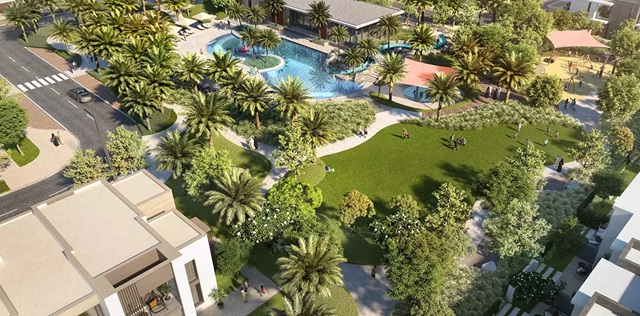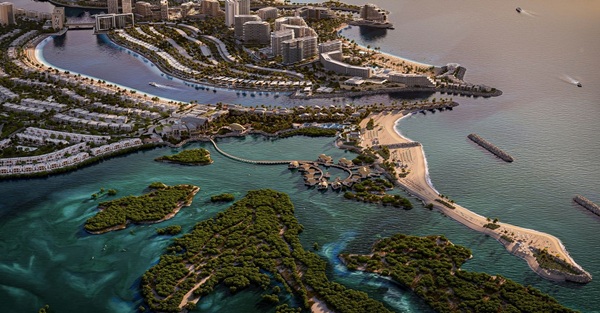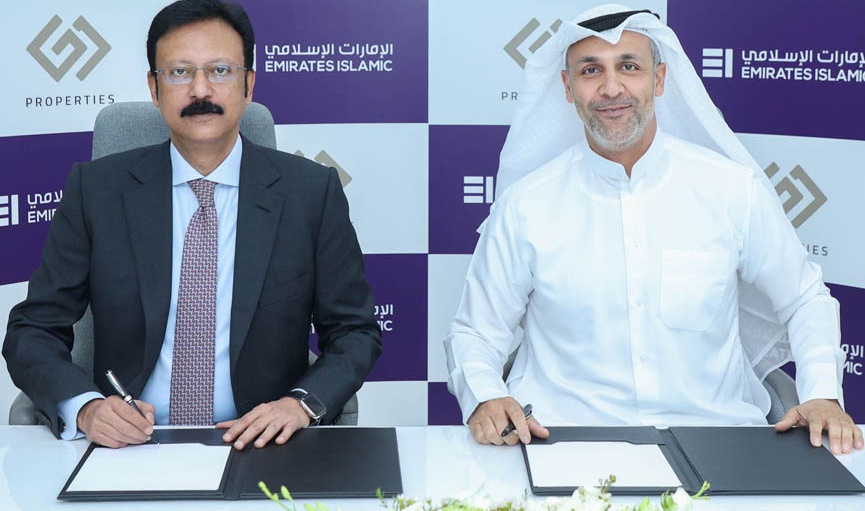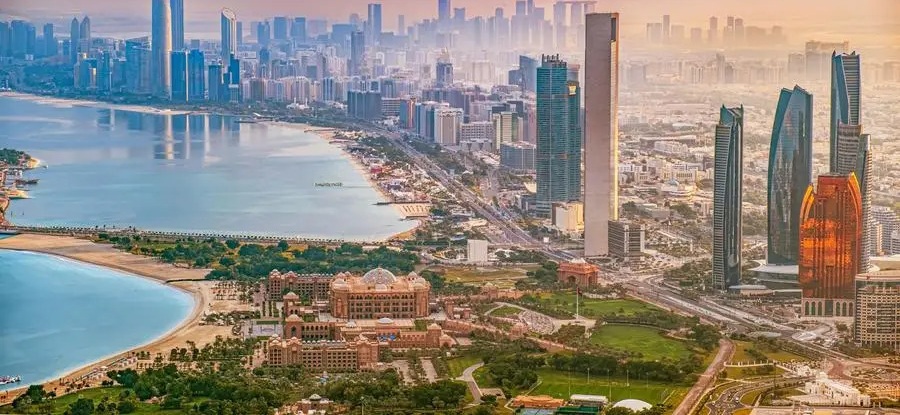GCC Real Estate Outlook: How Strong Demand & Urbanisation Are Shaping H2 2025
Sunday, 21 September 2025
The Gulf Cooperation Council (GCC) real estate market has entered 2025 on a high note — and the outlook for the second half of the year remains robust. With lower interest rates, government-backed diversification efforts, and a surge in investor demand, the region’s property sector continues to demonstrate resilience and upward momentum across residential, commercial, and hospitality segments.
Table of Contents
- A Region-Wide Real Estate Upswing
- Kuwait: Price Growth and Transaction Surge
- Saudi Arabia: Steady Price Appreciation Amid Diversification
- UAE & Dubai: Regional Standouts
- Urbanisation and Investor Confidence Driving the Future
- Frequently asked questions
A Region-Wide Real Estate Upswing
Markaz’s latest real estate market outlook highlights how key GCC economies — including Kuwait, Saudi Arabia, and the UAE — are set to maintain their growth trajectory in H2 2025. This positive sentiment is driven by fiscal support, economic diversification initiatives, and steady demand from both regional and international investors. Despite some fiscal pressures in specific markets, the overall environment signals long-term confidence and opportunity.
Kuwait: Price Growth and Transaction Surge
Kuwait’s real estate market has been particularly strong in Q1 2025, with rising land prices and rental values across both investment and commercial segments.
- Real estate sales soared by 45% to KWD896 million, supported by gains in residential (+38.5%), commercial (+22.9%), and investment (+49%) segments.
- The number of transactions rose by 20.9%, reflecting a healthy rebound in investor confidence.
Kuwait’s real GDP is projected to grow by 1.9% in 2025 after a contraction in 2024. This recovery — underpinned by oil GDP rebounds, stable consumer spending, and legislative reforms — is expected to further stimulate demand in the commercial and industrial property sectors.
Saudi Arabia: Steady Price Appreciation Amid Diversification
Saudi Arabia, a key player in the GCC, also recorded solid real estate performance in Q1 2025.
- The real estate price index rose 4.3%, with residential prices increasing by 5.1% and commercial prices by 2.5%.
- Sales activity climbed 37%, reflecting strong demand for properties aligned with the Kingdom’s Vision 2030 diversification efforts.
Even as Saudi Arabia anticipates a wider fiscal deficit due to lower oil revenues, it plans to maintain its current level of investment in economic diversification projects — a move that should sustain real estate demand through H2 2025.
UAE & Dubai: Regional Standouts
The UAE continues to outperform other markets in the GCC. Dubai alone posted AED142 billion in sales from 45,077 transactions in Q1 2025 — a 30% year-on-year increase.
- In 2024, Dubai recorded 226,000 real estate transactions, up 36%, and welcomed 110,000 new investors, a 55% increase.
- The Emirate’s rental yields remain globally competitive at 7.6% — significantly higher than New York, Singapore, or London.
With sustained demand, interest rate cuts, growing tourist inflows, and constrained supply in prime areas, Dubai’s residential, office, and hospitality segments are expected to maintain their positive outlook in H2 2025.
Urbanisation and Investor Confidence Driving the Future
Urbanisation continues to reshape the GCC’s real estate landscape. Governments are actively investing in infrastructure, housing, and economic diversification projects, creating new hubs for business and lifestyle communities. For investors, this translates to a broader array of opportunities across residential, commercial, and mixed-use developments.
Key Takeaways for Stakeholders
- Steady Growth: Lower interest rates and government investment will continue to buoy real estate activity.
- High Yields: Dubai and Abu Dhabi remain top global destinations for competitive rental yields.
- Diversification Support: Saudi Arabia and Kuwait’s policy shifts are fostering robust demand across sectors.
- Investor Appeal: Fractional ownership models, PropTech integration, and evolving regulations are making GCC real estate more accessible and transparent.
Looking Ahead
With strong investor interest, sustained government initiatives, and ongoing urbanisation projects, the GCC real estate market is poised for further expansion in H2 2025. This momentum positions the region as a long-term hub for innovative, high-yield real estate investments and a cornerstone of economic development.
Frequently Asked Questions (FAQs)
What is driving the GCC real estate market growth in H2 2025?
Lower interest rates, fiscal support, urbanisation, and sustained government investment in economic diversification are key drivers of growth across residential, commercial, and hospitality sectors.
Which GCC countries are showing the strongest real estate performance?
Kuwait, Saudi Arabia, and the UAE are leading the momentum, with notable price growth, rising transactions, and increasing investor participation in Q1 2025.
How is Dubai performing compared to other GCC real estate markets?
Dubai remains a standout performer, recording record-breaking transactions, high rental yields (7.6%), and continued demand across residential, office, and hospitality segments.
Will rental rates in the GCC stabilise in H2 2025?
With new supply expected in prime areas like Dubai, rental rates are likely to stabilise slightly, offering tenants more choices while still maintaining attractive yields for investors.
Why is investor confidence high in the GCC real estate sector?
Strong sales activity, rising property values, diversified economic initiatives, and supportive government policies continue to boost investor confidence across the region.





